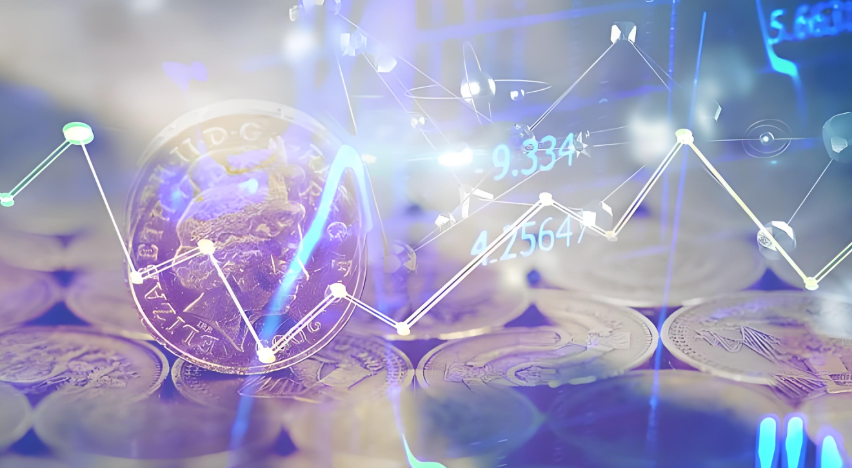After a notable hiatus of six months, the Bank of Japan has once again opted to increase interest rates, marking a significant shift in its monetary policy. On January 24, the bank announced that it would raise its target interest rate from 0.25% to 0.50%. This adjustment stands as the largest hike since 2007, with rates now reaching the highest level seen in 17 years.
Bloomberg's senior economist Taro Kimura expressed that this hike was anticipated. He noted to First Financial that the January 24 announcement signifies the gradual phasing out of the bank's stimulative monetary policy. However, he cautioned that this does not indicate an end to the adjustments; future actions and guidance from the Bank of Japan will need to be closely monitored.
The primary catalyst behind this move has been Japan's inflation returning to a more active state. Beginning in March 2024, the Bank of Japan has started tightening its interest rate policy after sustaining a decade-long era of ultra-loose monetary approaches, which had previously maintained rates close to zero. Following two hikes last year, the bank decided to hold rates steady in December 2024.
Since the economic bubble burst in the 1990s, Japan's policy interest rates had never exceeded 0.5%. The impact of the global financial crisis in October 2008 saw the rates reduced from 0.5% to 0.3% and further down to 0.1% within that same year. By 2016, rates dipped into negative territory, with the Bank of Japan opting to remove the negative interest rate policy in March last year, transitioning towards normalizing monetary policy.
The upturn in core inflation rates has been pivotal in prompting this recent increase. Data released on the same day showed a 3% year-on-year rise in Japan's Consumer Price Index for December 2024, driven largely by surging prices for rice and energy. The recent spike in rice prices has garnered particular attention, with prices for rice products seeing an astonishing increase of 64.5% compared to December 2023, the largest rise recorded since comparable data began in January 1971. In light of these elevated rice prices, the Japanese government announced plans to release reserve rice stocks to ease circulation tightness and stabilize prices.

When volatile categories like energy and fresh food are excluded, the core inflation rate remains at 2.4%, exceeding the Bank's targeted goal of 2%. In addition, the inflation rate for services, which the Bank closely monitors, rose from 1.5% in November to 1.6%, contributing to a 0.04 percentage point increase overall since November.
Basic wages in Japan also displayed the largest annual growth in 32 years, bolstering the rationale for an interest rate hike. The Japanese Ministry of Labor reported that in November, basic wages increased by 2.7% year-on-year, propelling nominal wage growth to 3%.
A notable concern with this rate increase is the potential for the yen to strengthen rapidly. Given that the latest hike was largely anticipated by the markets, attention is now shifting towards the future trajectory of the Bank of Japan's monetary policies. A recent report by Bloomberg Economics underscores that the latest forecast by the Bank suggests an increasing reliability in achieving the 2% inflation target. This essentially opens the door for further rate hikes this year, potentially progressing towards a more neutral monetary stance.
In an interview at the end of last year, Taro Kimura indicated his belief that in addition to maintaining the projected third rate hike in January, the Bank of Japan would likely instate two more hikes in April and July of this year, each by 25 basis points, ultimately aiming to lift the short-term rate to around 1%. He also highlighted that one of the primary challenges the Bank will face in 2024 will be managing rapid yen appreciation. If the yen were to strengthen too quickly, it could significantly elevate import costs, driving inflation rates past target levels.
As of the time of reporting, the yen was trading around 155.6 yen to the dollar, showing an increase of 1.03% since the start of the year. Kimura noted that recent signals from Bank of Japan officials regarding interest rate hikes have provided some support for the yen. Bank of Japan Deputy Governor Noriyuki Naka introduced discussions on rate hikes in a speech earlier this month, indicating that rate adjustments would be part of the bank's agenda. His comments suggested a shift away from the dovish undertones left by Bank Governor Kazuo Ueda in a press conference last December.
Looking towards the future, Kimura pointed out that continued increases in Japan's interest rates and strong economic growth may diminish the appeal of betting against the yen based on the Bank's previous dovish stance. He noted substantial evidence suggesting that the yen is undervalued based on fundamental indicators, with a correction in its value likely imminent. According to forecasts from the International Monetary Fund, the buying power parity suggests that the fair exchange rate for the yen should be approximately 93 yen to the dollar—about 40% higher than current levels.
Despite the potential benefits of a gradual yen appreciation, Kimura emphasized the necessity for the Bank of Japan to communicate cautiously with the markets to prevent a rapid surge in the currency's value. The latest short-term business sentiment survey from the Bank of Japan indicates that businesses are expecting the yen to strengthen to about 146.15 yen to the dollar during the second half of the fiscal year ending in March 2025. An exchange rate above this mark could inject uncertainty into corporate profitability, particularly impacting exporters, which could pose difficulties for the Bank of Japan, especially since the wage increases negotiated by large exporting firms often set the tone for wage discussions in other sectors.